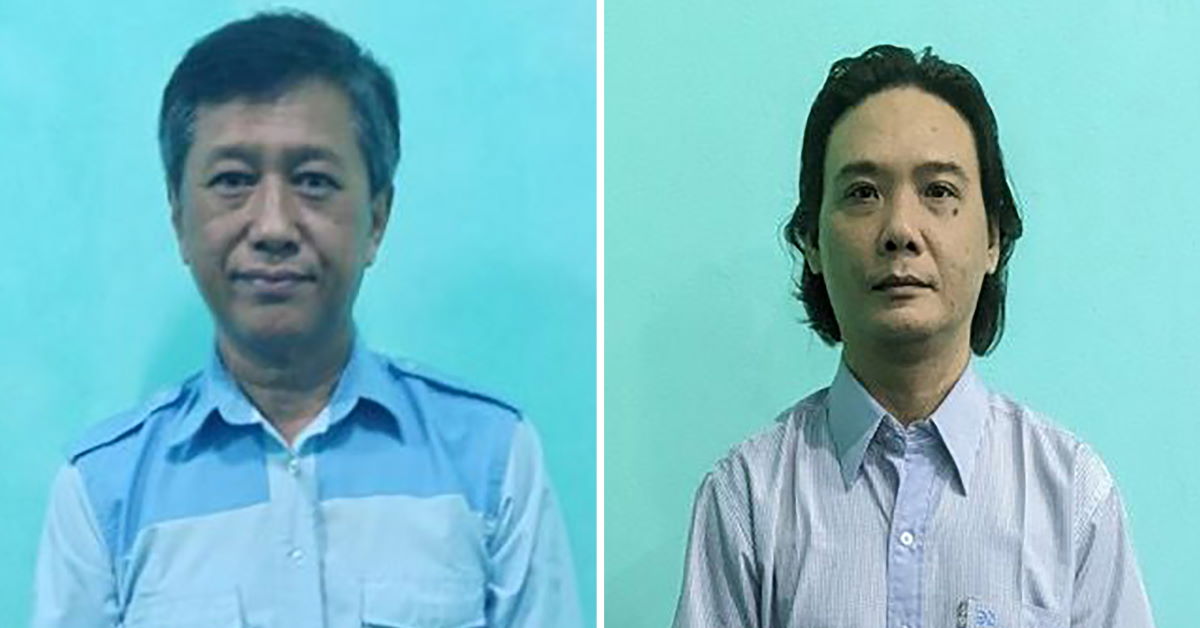The United Nations (UN) rights chief said Tuesday Myanmar's junta has likely committed crimes against humanity and urged authorities to stop planned executions, including those of prominent democracy activists.
Myanmar's military seized power on 1 February last year, ousting the civilian government and arresting its de facto leader, Aung San Suu Kyi. The junta has since waged a bloody crackdown on dissent.
The UN's High Commissioner for Human Rights Michelle Bachelet warned that going ahead with the country's first judicial executions since 1990 would "violate the right to life".
"I urgently call on military authorities to refrain from such a regressive step," she told the UN Human Rights Council.
Myanmar's junta this month said it would execute a former lawmaker from Suu Kyi's party and a prominent democracy activist – both convicted of terrorism.
They are among dozens who have been sentenced to death as part of the junta's crackdown.
On Tuesday, Bachelet repeated her office's findings that the military's abuses since the coup may amount to "crimes against humanity and war crimes".
She said at least 1,900 killings by the military had been reported since the coup, with more than 13,500 people arbitrarily arrested, including politicians, journalists and lawyers.
More than 10,500 are in detention, she said.
Post-coup violence has pushed the number of displaced people in Myanmar to more than one million, with around 14 million in the country needing urgent humanitarian assistance, according to the UN.
'Senseless Violence'
In a March report, the rights office described how the military had bombarded populated areas with air strikes and heavy weapons and deliberately targeted civilians.
Many were shot in the head, burned to death, arbitrarily arrested, tortured or used as human shields.
Bachelet said Tuesday that since then, the "senseless violence in Myanmar has intensified".
She pointed to the fact that the "well-documented tactic of the military is the burning of entire villages, residential buildings, schools, houses of worship and other objects specially protected under international humanitarian law".
"The targeting of civilians and the burning of villages must stop now," she said, adding that 11,000 sites may have been targeted so far.
Bachelet also voiced alarm at reports suggesting the junta was "trying to militarise whole communities by expanding its allied local militia organisations, and formalising military control of police forces."
She also denounced Myanmar's continued crackdown on the Rohingya, including implementing "strict discriminatory limitations on their movement", saying more than 300 had been arrested for travelling "illegally" outside their communities.
The UN rights chief reiterated calls for accountability for the widespread abuses.
"It is extremely disappointing to note that international efforts to rein in the military’s recklessly violent approach have been largely ineffective," she said.
